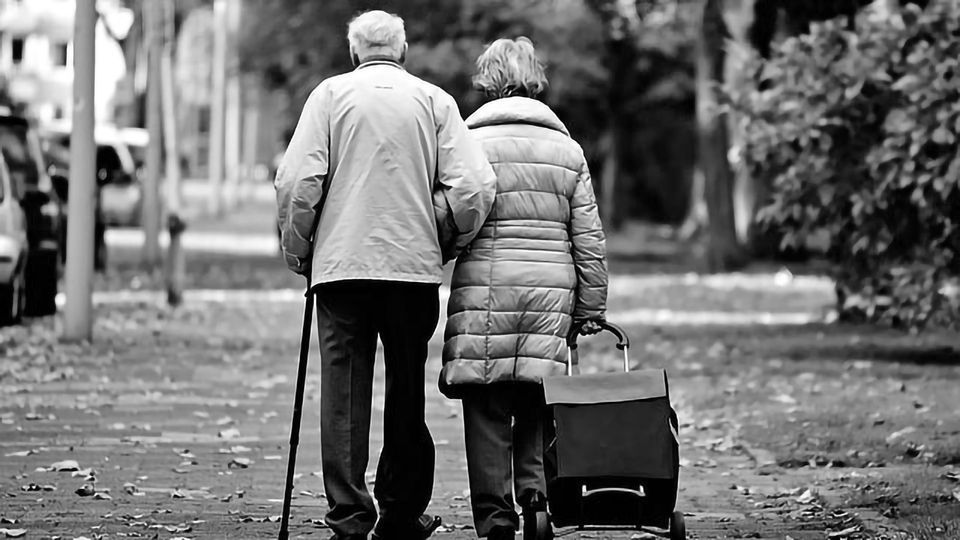Scientist Suggests Clinical Trials With Low-dose Rapamycin To Protect Elderly From COVID-19

Complete the form below to unlock access to ALL audio articles.
The Biogerontology Research Foundation, a registered UK charity supporting and promoting aging and longevity research worldwide since 2008, today announced the publication of a paper titled “Geroprotective and senoremediative strategies to reduce the comorbidity, infection rates, severity, and lethality in gerophilic and gerolavic infections” in the leading journal Aging.
Vaccines and therapeutic solutions for COVID-19 are still far from the clinic and will not provide complete protection, and likely to be less effective in the elderly. Recent BBC article notes “It will, almost inevitably, be less successful in older people. This is not because of the vaccine itself, but aged immune systems do not respond as well to immunisation. We see this every year with the flu jab.”
The author of the study, Alex Zhavoronkov, PhD, the chief scientist of the Biogerontology Research Foundation and the CEO of an artificial intelligence company Insilico Medicine proposed calling SARS-CoV-2 and other infections that are more infectious and harmful to the elderly as gerophilic and gerolavic infections.
He also proposed a strategy for repurposing known geroprotectors such as rapamycin, nicotinamide riboside, nicotinamide mononucleotide, metformin, and other drugs with the known safety profile for prevention of SARS-CoV-2 infection. The scientist analyzed the prior clinical studies of everolimus (RAD001) in healthy elderly, and previous evidence showing paradoxical immunopotentiation effects of rapamycin and proposed additional clinical trials for these molecules in the healthy elderly population.
Zhavoronkov also proposed the use of inexpensive and minimally-invasive deep aging clocks to track the efficacy of these preventative geroprotective interventions and to stratify the patients by predicted severity of COVID-19.
"We are pursuing several strategies for drug discovery and repurposing using the latest advances in artificial intelligence integrated into our battle-tested discovery platform. However, it is clear that COVID-19 is a gerophilic and gerolavic disease. It is more severe and lethal in the elderly. Aging research yields insights that may not only help with COVID-19 but may help prevent many other diseases and increase productive longevity and re-ignite the economy"
- ALEX ZHAVORONKOV, PHD
Previous studies by the BGRF scientists including “Biomedical Progress Rates as New Parameters for Models of Economic Growth in Developed Countries”, and books including “The Ageless Generation: How Advances in Biomedicine Will Transform the Global Economy” show that extending productive longevity in the developed countries will lead to unprecedented economic growth.
“Most of the companies and institutions are racing to create vaccines or drugs that target COVID directly. But these interventions will not offer complete protection. We see that children and very young people do not have severe symptoms. Geroprotectors may help improve the odds for the elderly. And once the epidemic subsides, we will need to find new ways to boost the economy and there are established models showing that the best way to grow the economy is by increasing healthy productive longevity”, said Dmitry Kaminskiy, managing trustee of the Biogerontology Research Foundation.
“This is the first review highlighting geroprotective strategies that may decrease the disease burden of gerolavic infections such as COVID-19. It presents a case for further research and clinical studies to validate markers of biological age in the context of viral infections. Ageing Research at King’s (ARK) is partnering with BGRF and Insilico Medicine to identify mechanisms by which geroprotectors enhance resilience against infections and reduce the severity of symptoms. The proposed research will acutely help physicians treat COVID-19, protect the elderly and benefit long term global health and longevity.” said Dr. Richard Siow, Director of ARK and former Vice-Dean (International), Faculty of Life Sciences & Medicine, King’s College London.
Reference: Zhavoronkov, et al. (2020) Geroprotective and senoremediative strategies to reduce the comorbidity, infection rates, severity, and lethality in gerophilic and gerolavic infections. Aging DOI: https://doi.org/10.18632/aging.102988
This article has been republished from the following materials. Note: material may have been edited for length and content. For further information, please contact the cited source.

